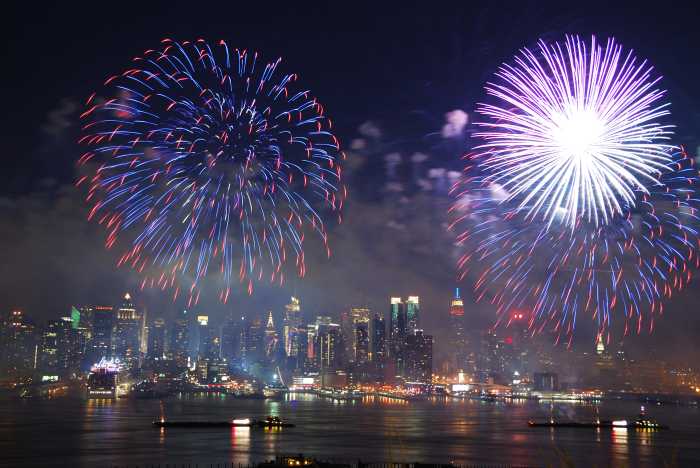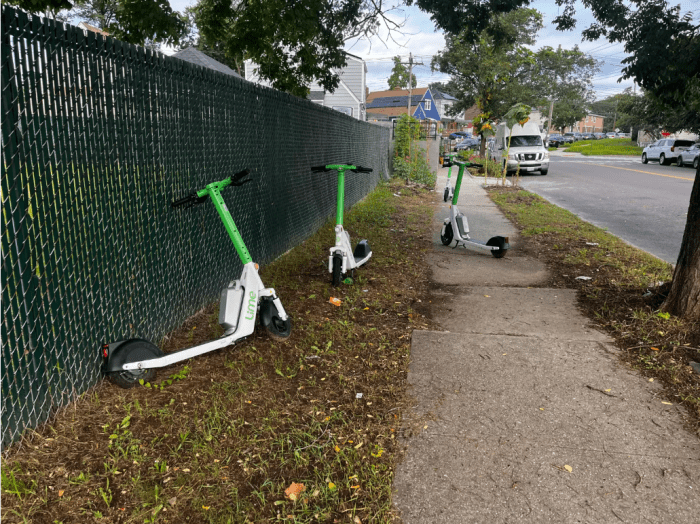
As the MTA enters a critical make-or-break point, the public authority remains shrouded in secrecy, advocates and authority board members charge.
The MTA is currently undergoing a vast structural reorganization, overseeing the implementation of congestion pricing and piecing together its roughly $50 billion capital spending plan for projects over the next five years.
The catch: No one seems to know when that capital plan will be publicly released or how taxpayer dollars will be spent.
It is expected that the plan’s spending details will be unveiled publicly at the MTA’s September board meeting — roughly two weeks away — when the board would also have to hastily vote on its approval or rejection.
But on Monday, board members Andrew Albert, Randy Glucksman and Veronica Vanterpool said they haven’t seen the full capital plan yet and felt that they wouldn’t be prepared at the meeting to cast a vote.
“If indeed the board is expected to vote on it this month I don’t know why we haven’t seen [the plan] yet,” said Albert, a nonvoting board member. “It’s going to be a very complex document. The board certainly needs to have ample time to look it over, review it to make suggestions and/or comments.”
Vanterpool said it wasn’t yet clear if the board would be voting on the plan at the next board meeting, scheduled for Wednesday, Sept. 25. She said the board had already expressed the need for more review time when the current five-year capital plan was last tweaked.
“If we are [voting] it’s important that we have an opportunity to review it and ask questions,” Vanterpool said of the plan. “We went through this with the last capital program amendment.”
The mystery prompted some advocates to launch a “Build Trust campaign” Monday morning, which targets the MTA. The initiative came with a four-point framework to improve accountability and transparency at the authority as it prioritizes for the years ahead amid an influx in funding from congestion pricing and new state taxes.
“We’re asking Gov. Cuomo and the MTA to invest in the right projects and complete them at the right price — that’s how we’re going to get the subways moving again,” said Colin Wright, a senior associate at TransitCenter, which announced the campaign alongside other advocacy groups: the Riders Alliance, Tri-State Transportation Campaign and Reinvent Albany.
The Build Trust campaign calls for the capital plan to be accompanied by a detailed five-year implementation schedule and to address core maintenance priorities that will yield better service. It also demands that capital cost control become a primary goal; that the MTA create an accurate, up-to-date, user-friendly online project tracker; and that state lawmakers hold robust oversight hearings on the plan.
Advocates hope the capital plan will at least include funding to modernize subway signals and add elevators to 50 additional stations — two priorities that could greatly improve the subway commute, they said.
The MTA did not immediately respond to a request for comment.
Gov. Cuomo, who effectively controls the state authority, released his own set of priorities for the next capital plan in a letter published later Monday afternoon, which in part included an endorsement for greater subway station accessibility as well as subway resignaling.
“The Capital Plan offers unprecedented opportunities as we have new dedicated revenues including those from the Congestion Pricing Plan legislation,” Cuomo wrote.
But advocates said the governor’s position gives him full ownership over the plan.
“It’s really up to him,” Wright said in an email, “not the Mayor or the MTA board, to ensure that the MTA capital program addresses these needs.”






























